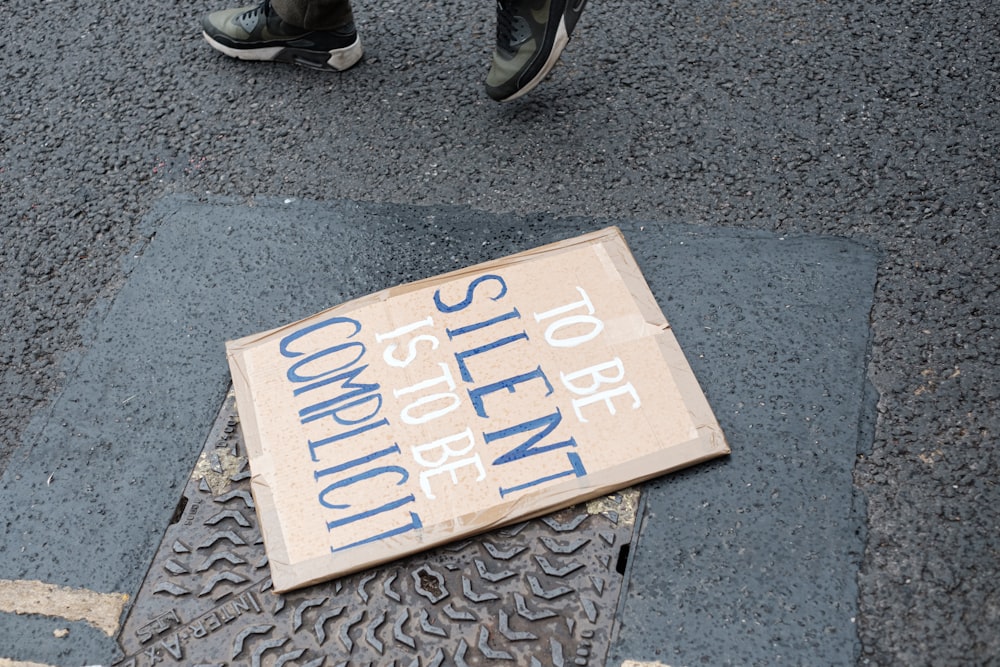
In the Catholic News Here/Now a young man tells the readers of the site about his life as an
orphan and how the realization that he was different came to him.
He grew up in a nursery from birth until he was 19. It was after entering middle school that He realized that he was an orphan. When he went to school outside the orphanage for the first time he naturally realized: "I don’t have any parents." He realized that the person he called mom was a social worker, and that she lived a different life from that of an ordinary family. That was his first encounter with people outside the nursery.
When he first entered middle school, the teacher handed out a piece of paper for each student to write down their home address. He wrote down his address and one child looked up his address on the Internet and asked him: "Isn’t this a daycare center?" He was so embarrassed that he couldn't say anything. In this way, the fact that he lived in an orphanage was revealed to his classmates. From that day on, he got teased a lot by the children.
One day, his homeroom teacher told him to bring his mom's, older sister's, or younger sister's skirts for they were having a talent show at school. One of his friends said: "Teacher, he can’t bring their skirts the mother isn’t there. What should he do?" She looked at him, everyone in the class laughed. He was so embarrassed that he couldn't say anything.
On days when there were open classes at school, his friends said to him: "You don’t have parents, so no one will come." These all became triggers for his anger that described him to his classmates: "he gets angry easily because he comes from an orphanage."
At school, friends from difficult families were called and invited to the hallway in front of the teacher's office. During break time, other friends were all passing by, and the teacher said: "Since he is not good at cultural activities due to financial difficulties, the school will support me, so let’s all get together and go to Namsan on the weekend." He hated the teacher who talked openly about other people's family situations in front of all his friends.
Having experienced this in middle school, he thought that he would never let others know that he was from an orphanage when he he entered high school. He felt if his situation was revealed, his entire school life would be ruined.
One day his homeroom teacher suddenly called him during the finale class and said: “You grew up in a different environment than others, but your orphanage is a large facility, so there is a lot of support, so think positively." At that time, the kids in his class looked at him, and and he wanted to hide.
His high school years were also very difficult. The children started whispering behind their backs that they were orphans. There weren't many friends who would talk to him, and the ones that did come up to him were for the purpose of arguing or teasing him.
No comments:
Post a Comment